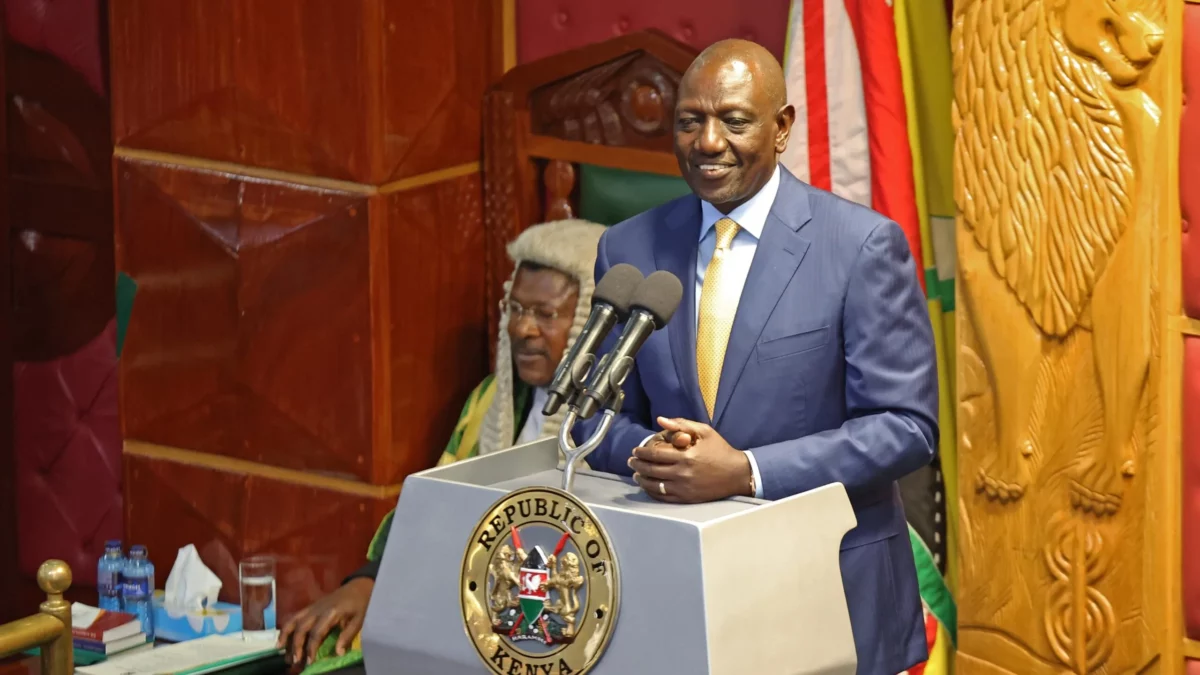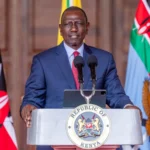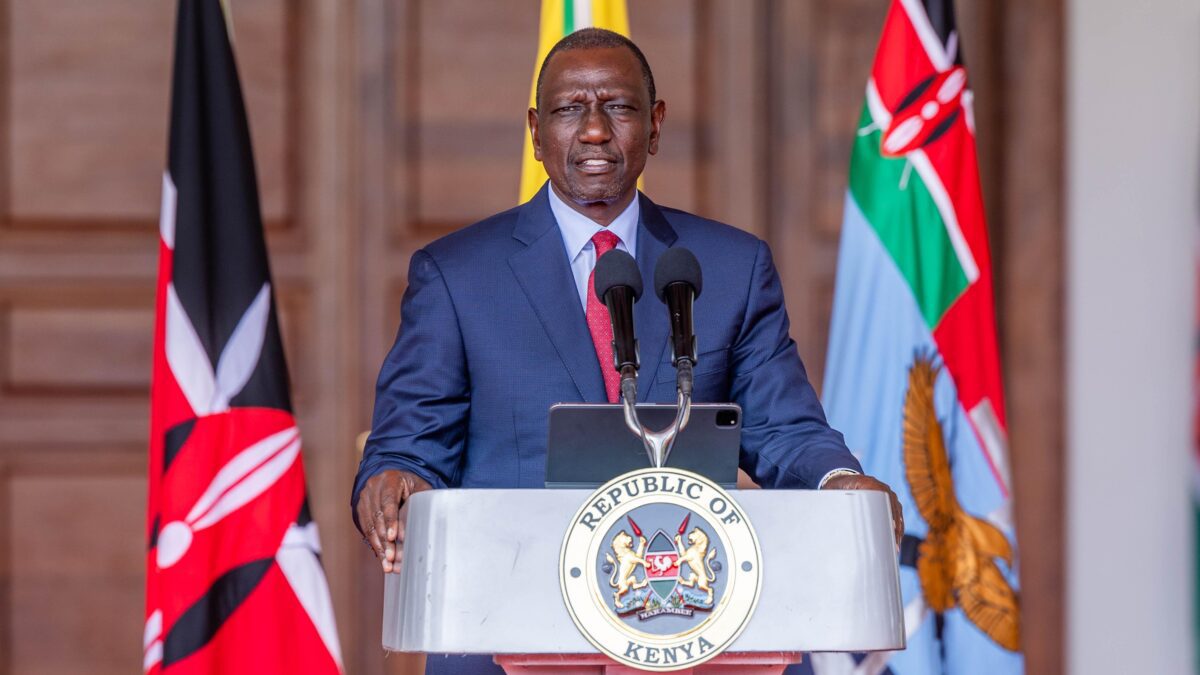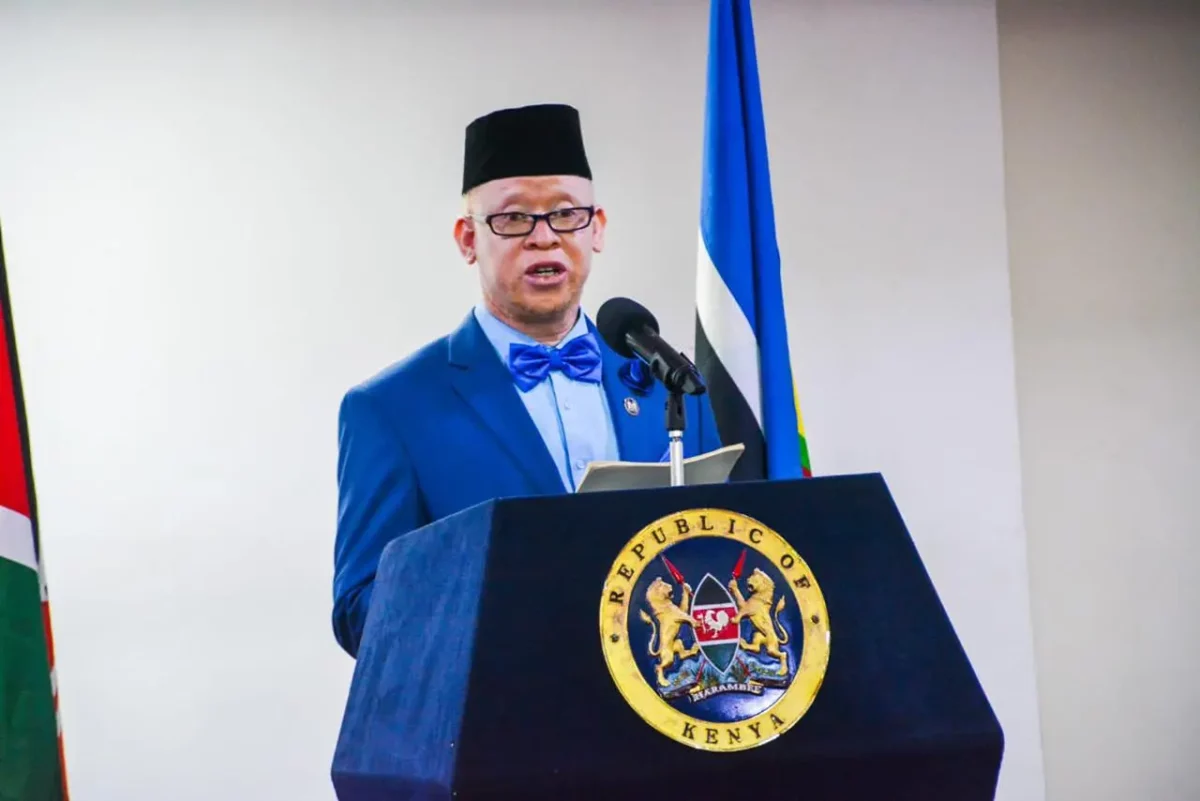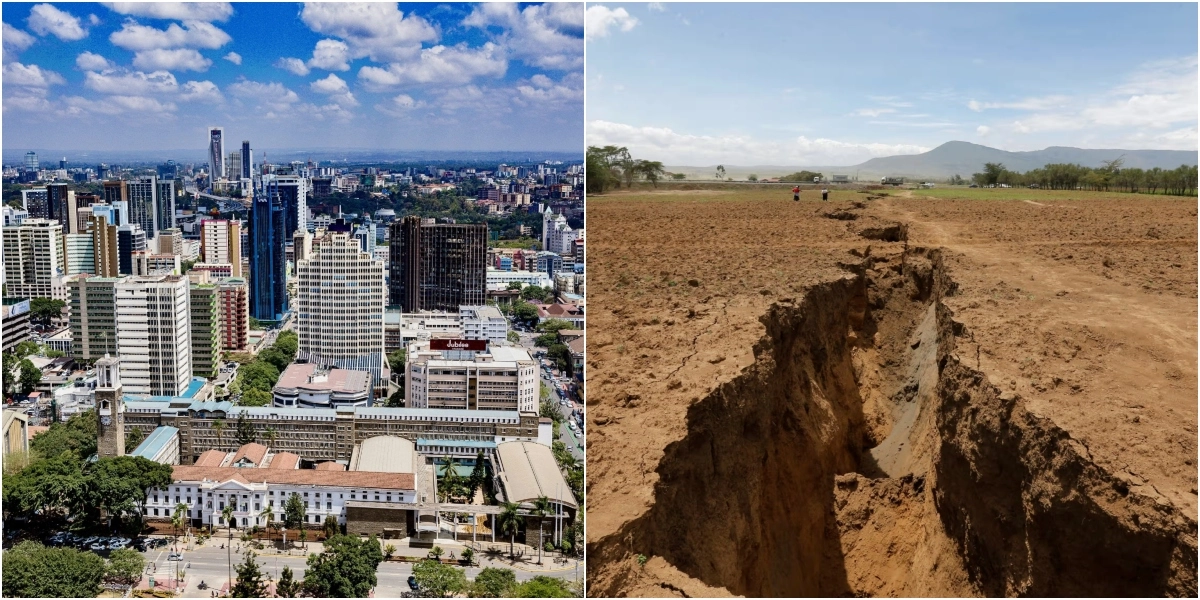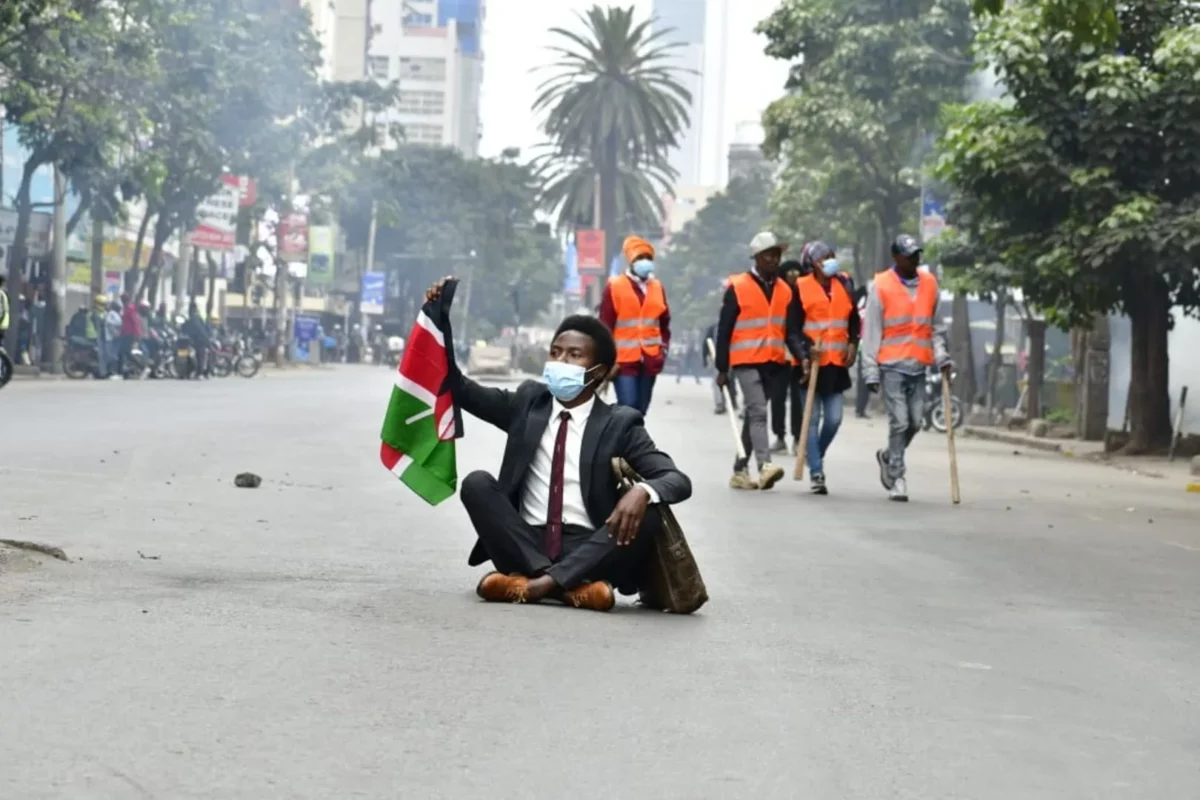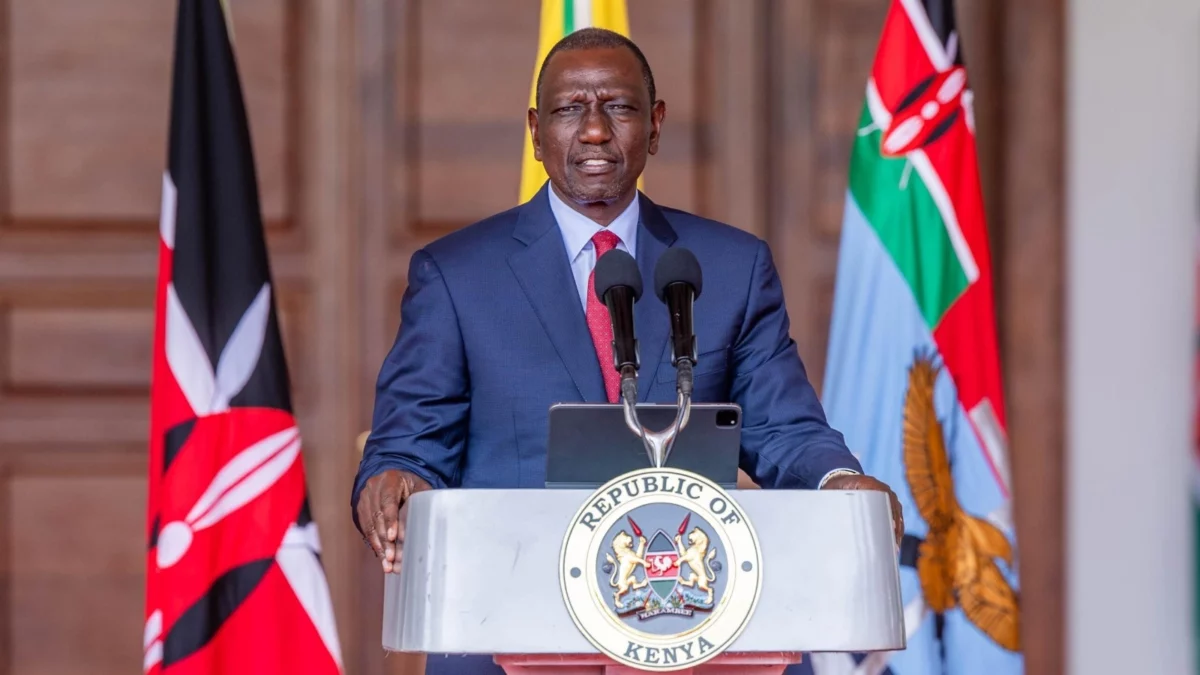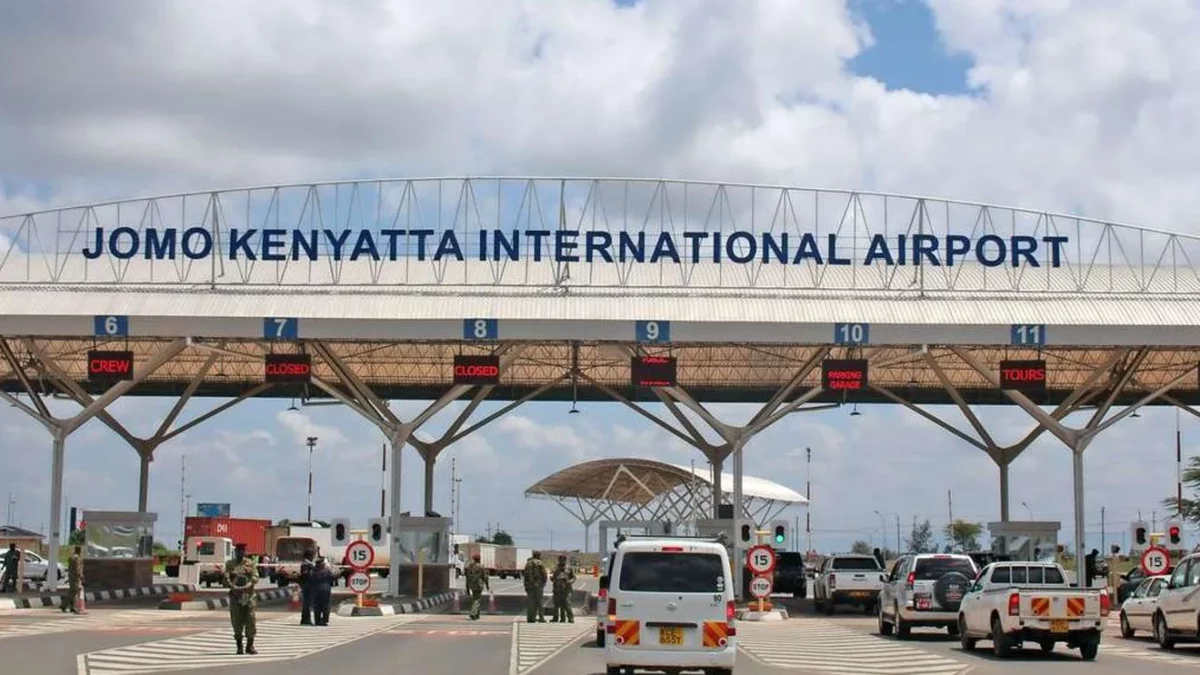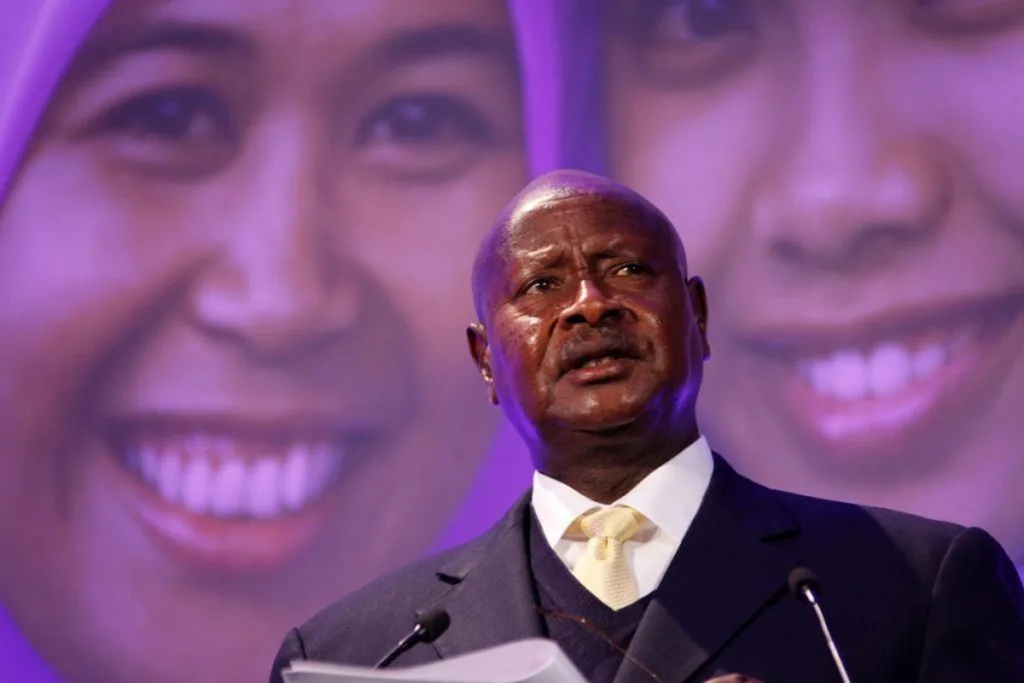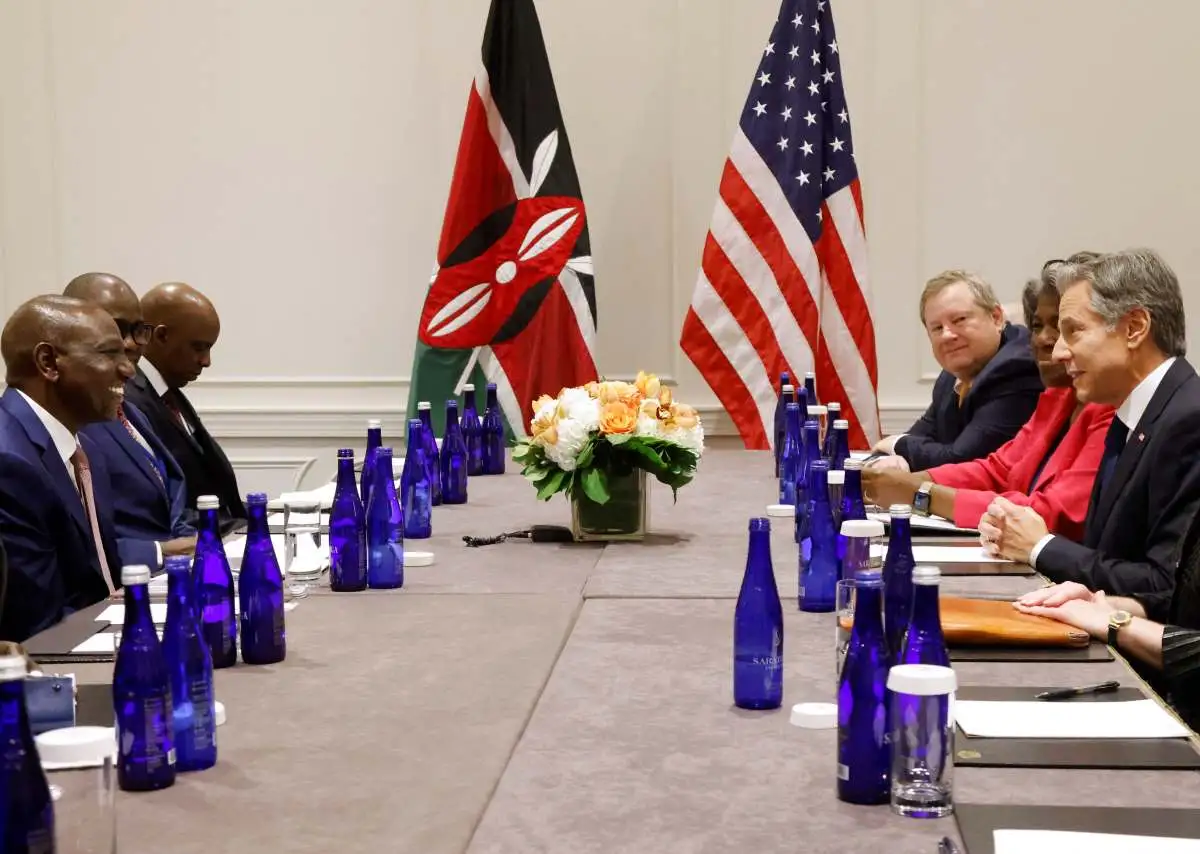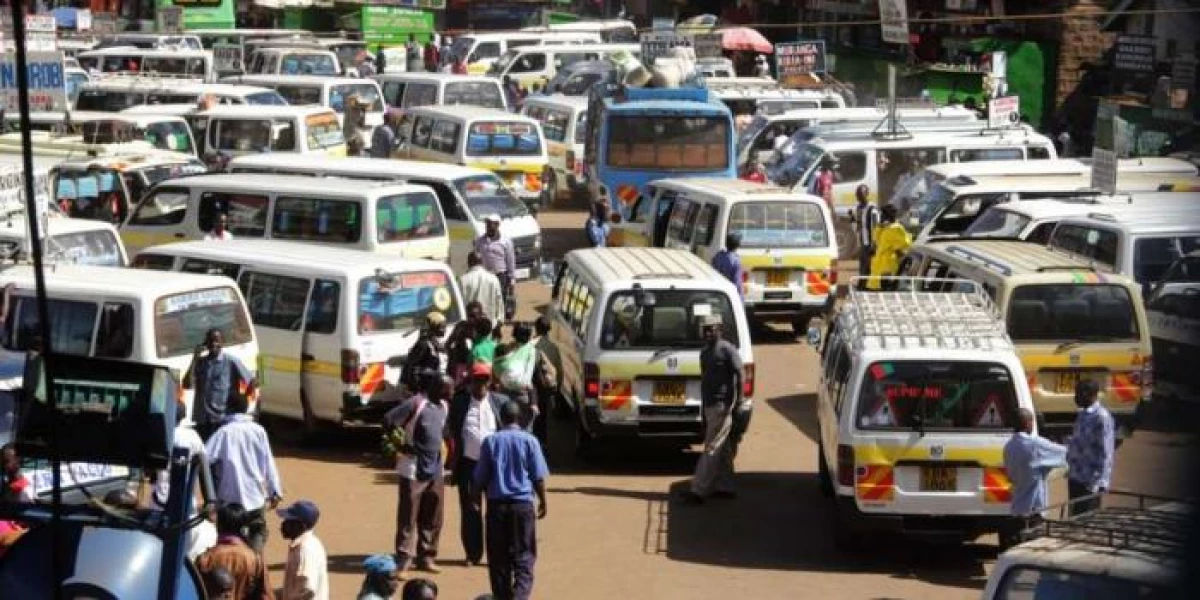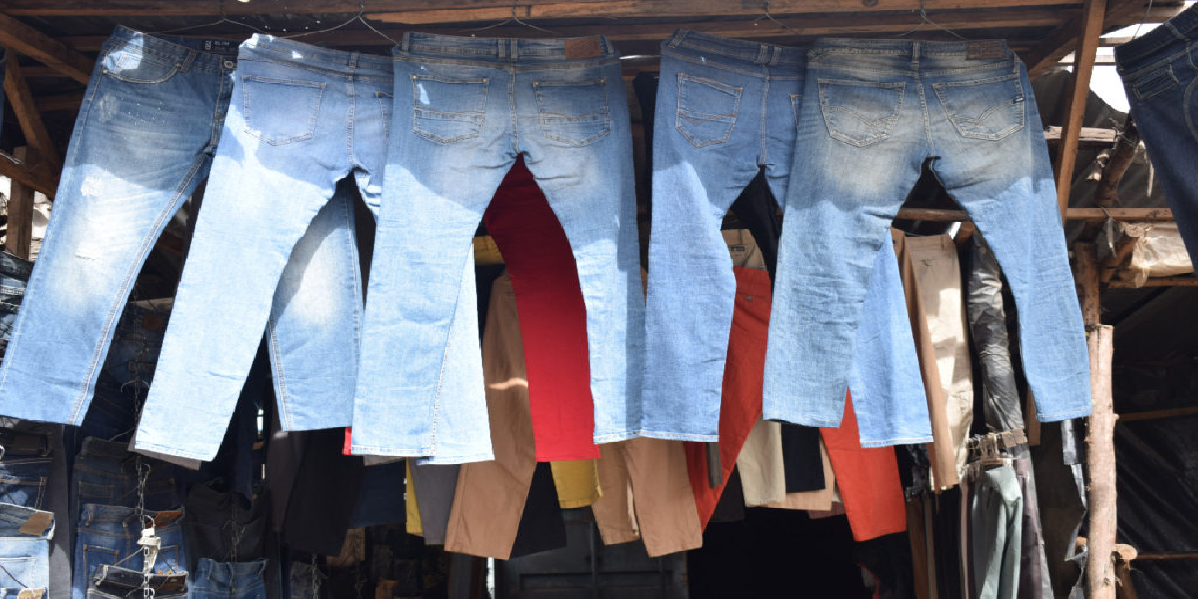President William Ruto gave his State of the Nation Address at Parliament Thursday afternoon. His address has sparked bitter conversations among Kenyans with many terming him a liar.
The President and his team thought ahead and came up with content that paint the government in a different light. Video content of the government defending its case on the state of the nation speak contrary to the actual state of this nation.
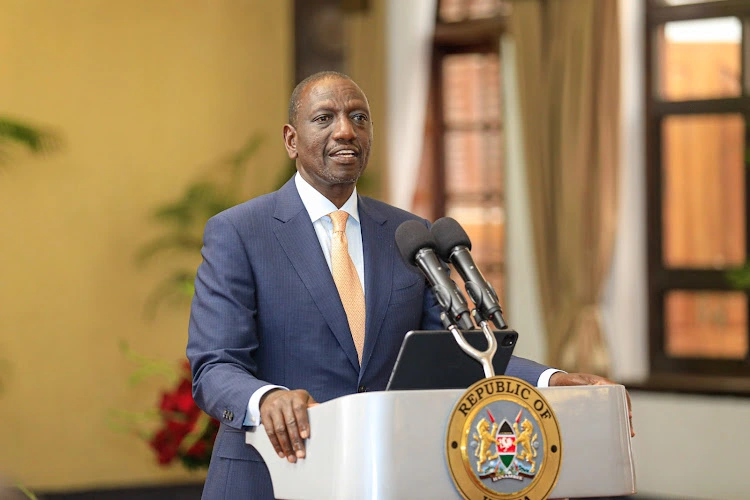
Kenyans, who are not new to these lies, have received the President’s address with heavy criticism. President William Ruto stood in parliament and downplayed the financial and economic struggle the country is facing. Ahead of this address, the President made calls to random Kenyans asking them about the benefits they have reaped from the Kenya Kwanza Government.
These video-recorded phone calls have failed to convince Kenyan citizens that the government is working towards a better country. Aside from the phone calls, the Bottom-up Agenda videos have also been shunned by the public as propaganda. As it is, Kenya is once again enraged with the level of ignorance portrayed by the Kenya Kwanza government.
Read Also:
Why the Kenya Kwanza Government is Being Branded Kenya Kwisha
Agricultural State of the Nation
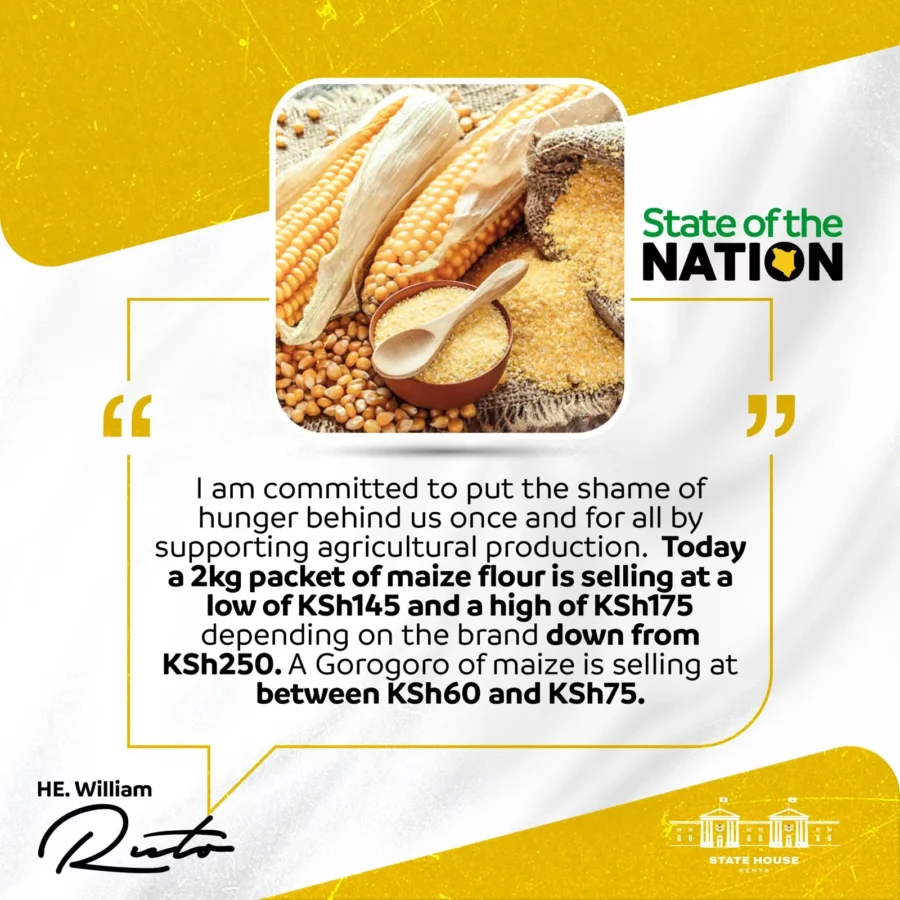
“I am committed to put the shame of hunger behind us once and for all by supporting agricultural production. Today a 2kg packet of maize flour is selling at a low of Ksh. 145 and at a high of Ksh. 175 depending on the brand down from Ksh. 250. A gorogoro of maize is selling at between Ksh. 60 and Ksh. 75.”
President William Ruto
Although maize might be Kenya’s staple food, Kenyans do not survive on it alone. The President bragging over reduced maize prices when its harvest season was not long ago sounds like a joke. Sugar prices and cooking oil prices are still ridiculous in Kenya. Managing to put three decent meals on Kenyan tables is a sport that is becoming increasingly difficult for Kenya.
The cost of maize flour in Kenya hit a record high at a time when the President promised to lower its cost. Over time, since the onset of his tenure, food prices have been on the increase with fertilizer prices causing farmers sleepless nights. Instead of introducing more agricultural subsidies, the government has been adding more taxes on every sector in Kenya.
Kenya Kwanza’s commitment to putting the shame of hunger behind Kenyans has neither been seen nor felt by Kenyans. Not when fuel prices keep increasing by the minute. Not when small-scale farmers in Kenya have been neglected by the government.
Financial State of the Nation
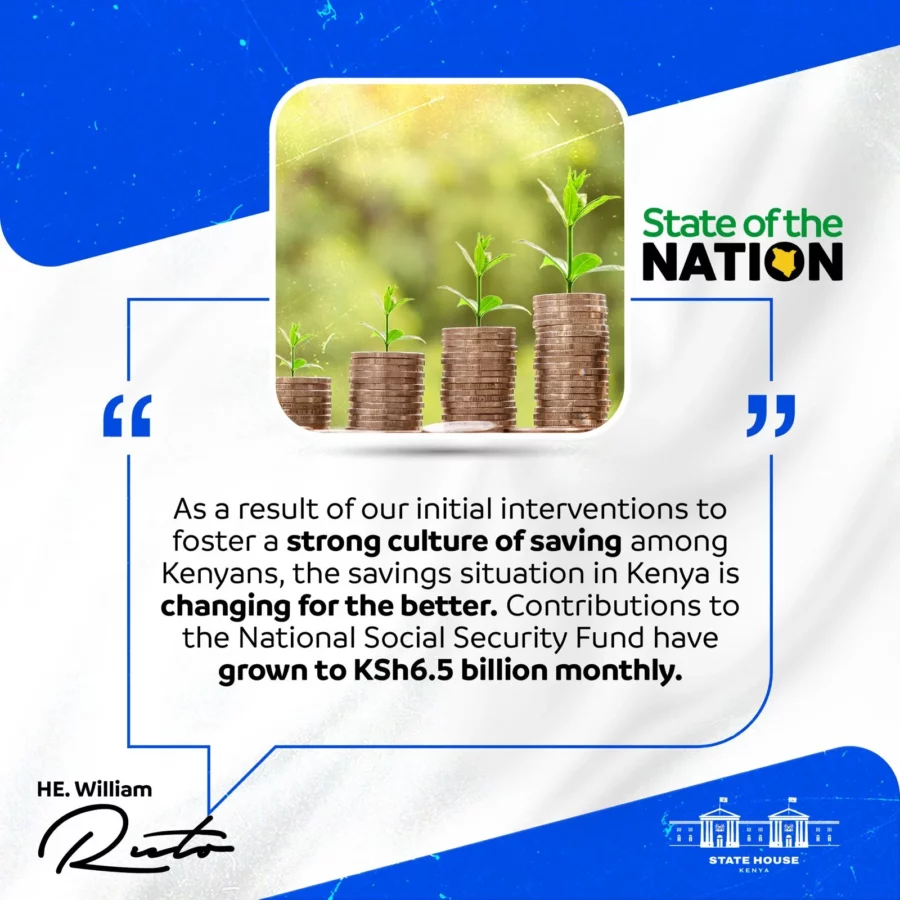
“As a result of our initial interventions to foster a strong culture of saving among Kenyans, the saving situation in Kenya is changing for the better. Contributions to the National Security Fund have grown to Ksh. 6.5 billion monthly.”
President William Ruto
The NSSF Act 203 increased monthly contributions to the fund by 98 percent. Those earning less than Ksh.15,000 every month are now parting with Ksh.350; those earning above the said amount are deducted Ksh.900 per month, while those with a monthly income of Ksh.18,000 and above are deducted Ksh.1,080, an amount their employers match.
However, under the Finance Act Bill, NSSF is not the only mandatory contribution that underwent changes. Additionally, Kenyans have been subjected to a new mandatory contribution, the Affordable Housing Levy. Moreover, tax increases have left Kenyans with very little to spend let alone save.
The purchasing power of a Ksh 1000 note has gone down by half and Kenyans are struggling to make ends meet. Contributions to the NSSF may be increasing but a majority of Kenyans lack enough cash at hand to cater for all their needs. Of what use will this contribution be to Kenyans after retirement if they can barely make it through today?
Debt Situation
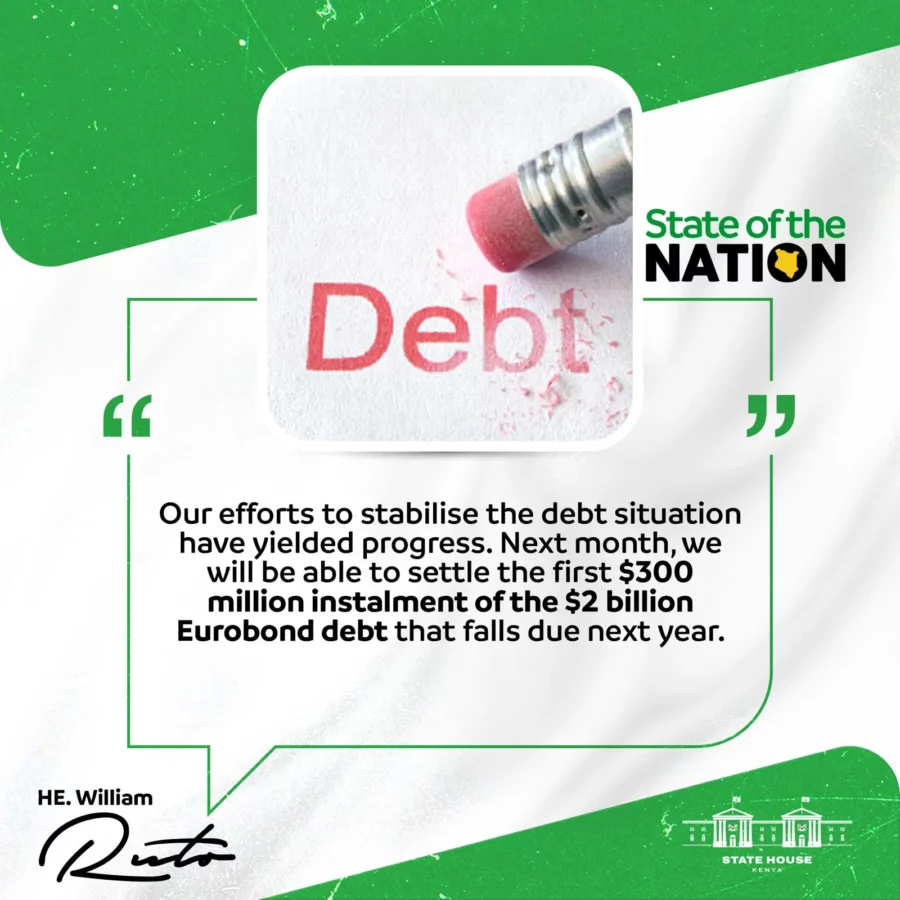
“Our efforts to stabilize the debt sitation have yeilded progress. Next month, we will be able to setle the first $300 million instalment of the $2 billion Eurobond debt that falls due next year.”
President William Ruto
Barely a year into his tenure, Kenyans had already shown an immense lack of faith in William Ruto. However, left with no choice, the country decided to give the man a chance to prove his worth. His “next week” and “next month” agendas since August 2022 are yet to be met, a year down the line.
It appears as if the president does the things he does not talk about and doesn’t do the things he talks about. Kenyans revisit President Ruto’s vows of dealing with national debt and high taxes with regret and disbelief. Currently, the national debt stands at a higher figure than it was during President Uhuru’s tenure.
Taxes have become Kenya’s order of the day and citizens are no longer working towards bettering their own lives, but raising revenue for the government. It was initially assumed that these taxes would be used to offset national debt but it appears as if taxpayer money is finding its way into bogus government projects.
The President said, “Next month,” and he shall be given the benefit of the doubt once more. Debt accumulation in the country is becoming a menace and the government appears to be operating on a “Fuliza” basis. The Kenya Kwanza regime has adopted a behavior of making plans with money it does not have in its treasury.
Unemployment
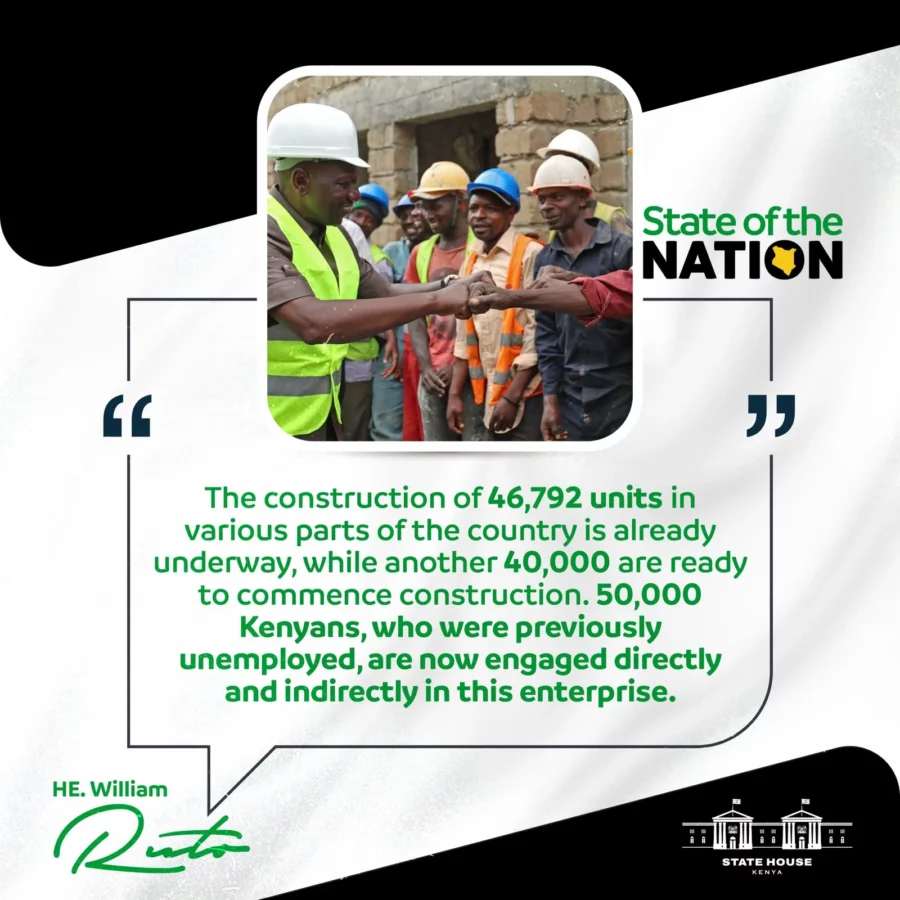
“The contsruction of 46,792 units in various parts of the county is already underway, while another 40,000 are ready to commence construction. 50,000 Kenyans who were previously unemployed, are now engaged directly and idirectly with this enterprise.”
President William Ruto
It is still unknown the criteria that were used to select these 50,000 Kenyans. True or not, the real question lies in, what is next when these alleged 80,000-plus units are constructed. Knowing the Kenyan government, it will take ages to complete these constructions.
That will leave the country with 50,000 “employed” Kenyans with no actual work to do. The unemployment rate in the country keeps soaring and the cost of living is only making it worse. A lot of Kenyans have gone into depression over unemployment and suicide rates among the youth over the same have increased.
The level of desperation among the unemployed masses shows in the level of insecurity and immorality in this country. Conmen are now working overtime and even drug sellers have devised new ways of pushing their products, including selling them in churches.
City council officers are suffocating and harassing common hustling Kenyans going on about their daily businesses. Nonetheless, starting a business in Kenya has been made difficult by the high cost of living and increased taxes.
Subscribe to Switch TV
Kenyans are wondering if the State of the Nation Address issued by the President was of this country’s. According to Kenyans on X, mambo ni mawili; impeachment or maandamano.


